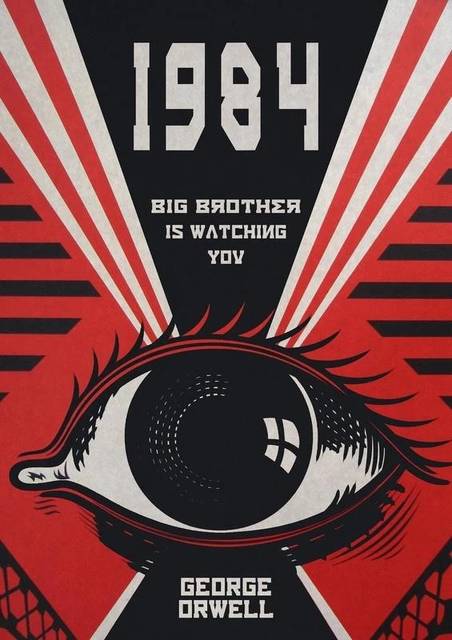Spain takes on fake news and will monitor disinformation campaigns – divides opinion
The Spanish government has divided opinion over its new strategy to tackle the spread of online disinformation. The strategy was approved last month and it details how a commission comprising Spain’s Intelligence service, the foreign ministry and defence ministry should tackle the issue.
Madrid has said the global pandemic has been accompanied by an “unprecedented infodemic.”
But media organisations and opposition parties have slammed the new strategy as a government attempt to establish a “Ministry of Truth” and of violating freedom of expression.
The new measures have been implemented in Spain as part of a wide push by the EU to fight fake news, false rumours, conspiracy theories which are intentionally spread. The plan uses the European Commission’s definition of disinformation which is “verifiably false or misleading, which is created, presented and disseminated for profit or with the deliberate intention of misleading the public”.
The EU has previously accused China and Russia of being responsible for false information campaigns aimed at undermining the continent’s democracies.
Countries exposed to #fakenews the most
1. Turkey
2. Mexico
3. Brazil
4. USA
5. South Korea
6. Spain
7. Australia
8. Canada
9. Japan
10. France
11. UK
12. Germany#Deepfakes— abishur prakash (@abishurprakash) November 14, 2020
‘Clear risks’
Spanish authorities will now be monitoring the internet in search of disinformation campaigns and will investigate their origin and implement a “policy of response” if needed. The response could take the form of a diplomatic warning if there is evidence that a foreign state is behind such a campaign.
Spain has said the measures will apply to electoral processes, health sectors, environment and security. The new protocols are an update on measures which have been in place in the country since March 2019.
The Madrid Press Association (APM) have accepted the government’s wish to fight disinformation, but have shown concern about a “clear risk” that the government will act “as a censor rather than a guarantor of the truth.”
“We seriously object to the tools announced for that fight because it leaves in the hands of the National Government a function that should enjoy independence from the public powers,” said the APM in a statement.
Reporters Without Borders (RSF) have also questioned the power of the retaliatory measures given to Spain’s government and has called for more clarity.
“RSF asks the Government to demonstrate its commitment to transparency and to publish data on the disinformation campaigns that it has detected against Spain”.
‘An Orwellian Ministry of Truth’

The leader of the opposition Partido Popular accused Spain’s Prime Minister Pedro Sanchez of creating “an Orwellian Ministry of Truth” in reference to the famous book ‘1984’ on a totalitarian state by George Orwell.
Spain’s new Minister of Justice has assured Parliament that the plan was aimed at “combating disinformation campaigns … from abroad” and not at “censoring” information.
“It is not to say what is true or what is not, to close web pages, withdraw broadcasting licences or put journalists in prison,” Campo said during a debate in the Senate.
Spain – like other European states – is struggling to contain the spread of false information on social media, especially during its recent electoral processes.
During the campaign for the April 2019 legislative elections, nearly 9.6 million voters received messages containing false information via WhatsApp, according to a study by NGO Avaaz.
A rumour circulating at that time falsely claimed Pedro Sanchez had agreed to support the independence of Catalonia.
……………………
FOLLOW US ON SOCIAL MEDIA AND SHARE WTX NEWS WITH YOUR FRIENDS AND FAMILY:
Facebook – Please like our page
Twitter – Twitter updates available in English and Arabic. Please follow us and we would love to hear from you
Instagram – Follow our pages in English and Arabic





